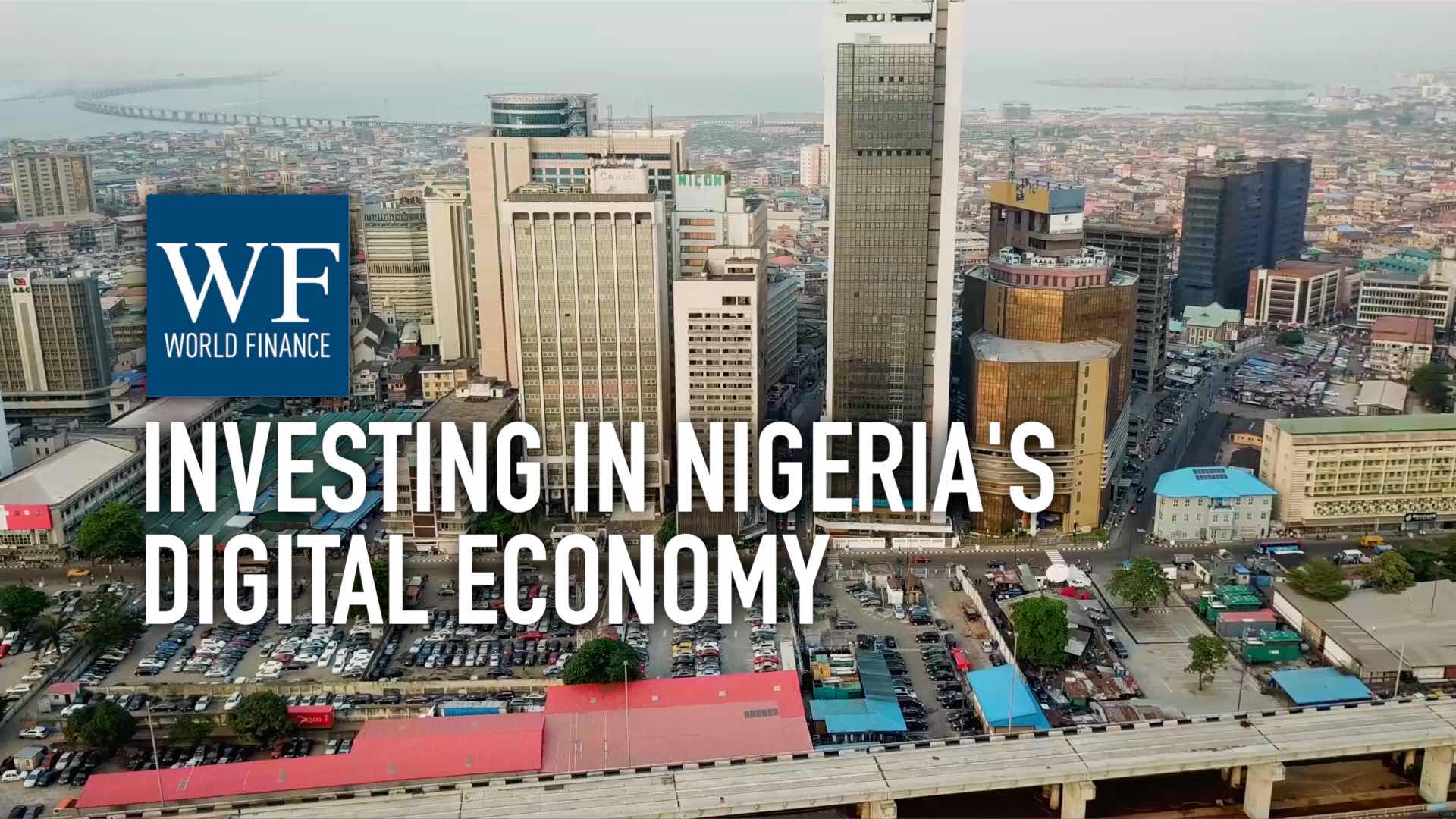Udom Emmanuel: Private sector discipline is seriously needed in public sector
Former Zenith Bank CFO Udom Emmanuel, Governor of Akwa Ibom, reflects on how his corporate career has informed his public life
Related:
Transcript
Udom Emmanuel took governorship of the Nigerian state Akwa Ibom in 2015. Since then he has transformed the southern coastal region from a civil service state into an attractive destination for private enterprise; one of the best states in the country for bringing in foreign direct investment. In this fourth video from the hour World Finance spent in the studio with Governor Udom Emmanuel, he reflects on his private sector career, how it has informed his public sector governance, and gives the former banker’s view on the Nigerian economy.
World Finance: You were CFO of Zenith Bank for a good long time, so let me ask you, how do you feel your private sector career has influenced your public sector one?
Udom Emmanuel: I want to say here, based on my knowledge and experience on both ends, that management principles are all the same. If you cannot manage a shop, you cannot manage a multinational. If you cannot manage a multinational, you cannot manage any government.
And people do ask: which one should come first? I think the knowledge of the private sector is actually what should move you to go and manage public enterprise. Because you see, there’s what you call the business of governance. Those principles that could guide you, that discipline that you have in the private sector: you need it seriously in the public sector.
The discipline of time. Discipline of decision making. The discipline of planning. The discipline of business and analytical reviews of decisions taken. The discipline of sensitivity analysis of different policies and decisions taken. It’s needed also in government!
For example, I run a state with a population of 7.2 million people. So a single decision that you are taking can really affect the people a whole lot.
You know, in the business world, the question that people are always asking is, does it conform to the best practices? So I don’t think that question should be far also from government.
You also notice that in public sector, there’s less emphasis on mode of execution, less emphasis on measurement standards. Which are key parameters of success in the private sector. So we bring that also in here.
World Finance: Currently just 64 percent of Nigerian adults are financial included; what needs to happen? Can the states do more, can banks do more? How important is getting the rest of Nigeria financially included?
Udom Emmanuel: There was a time that financial inclusion was the order of the day. That was when we started the era of community banks: small financial institutions to actually take the financial system to the locals.
But we didn’t keep faith to that. It was a fantastic policy, but the execution was completely different from what we had on paper.
Let me give you an example. We wanted to substitute all those financial inclusion structures that we set up at that time with plastic money. You can’t run plastic money in a system where the local dwellers do not have access to anything. They can’t even run a smartphone, no base stations. So many things are absent. So much infrastructure is working against them. How can you run plastic money in such an area?
Let us not move ahead of what the people and capacity can carry. It means we have a long way to go.
World Finance: What is the ex-banker’s view of the Nigerian economy today?
Udom Emmanuel: As an ex-banker I think we can do better than where we’re at today. We don’t have any reason to be where we are today, honestly. And we have many reasons to be ahead of where we are today.
I still believe a few management principles are being ignored, somewhere. Or we’ve overlooked them, or we have mismanaged, in a few cases. There are some economic policies that are not in line. And there are certain things that we’ve also done that we didn’t also look at the social, cultural structure, of Nigeria.
I want to believe that we stand a chance to correct those things. They are not things that could lead to death, but they are things that could cause sickness.
Nigeria today needs somebody who has the knowledge of the private and the public sector, and the knowledge of the economy, to steer the affairs of the country. And see whether we don’t get a result. I think that’s a simple solution.

 Ooredoo Group: Innovation, integrity and social responsibility mean ‘the sky is the limit’
Ooredoo Group: Innovation, integrity and social responsibility mean ‘the sky is the limit’ Zenith Bank is ‘at the forefront of encouraging Nigeria’s upcoming digital economy’
Zenith Bank is ‘at the forefront of encouraging Nigeria’s upcoming digital economy’
